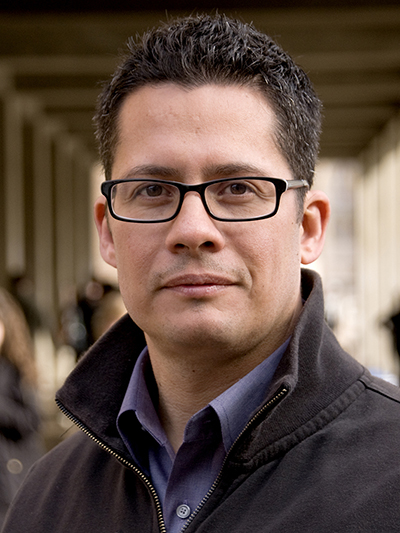On July 16, 2021, a federal judge blocked the Biden administration from approving new applications for the Obama-era Deferred Action for Childhood Arrivals (DACA) program, putting the program’s future in peril. While this development was jolting for immigrant communities, it was not unexpected. World-renowned scholar of the lives of immigrants in the United States and author of the landmark book Lives in Limbo: Undocumented and Coming of Age in America, Roberto Gonzales argues that time limited and partial statuses like DACA endow their beneficiaries with a duality of experiences – of both security and vulnerability. While tension between these competing experiences remains unresolved, control over one’s circumstances is often shaded if not threatened by hostile and exclusionary contexts.
Cosponsored by the Center for Latin American and Latinx Studies.
Roberto G. Gonzales is the Richard Perry University Professor at the University of Pennsylvania and the founding director of the Penn Migration Initiative. His research focuses on factors that both shape and reduce economic, legal, and social inequalities among vulnerable and hard-to-reach youth populations as they transition to adulthood. Professor Gonzales has published award-winning books and articles on contemporary immigration, social inequality, and the transition to adulthood. His books include Lives in Limbo: Undocumented and Coming of Age in America, Within and Beyond Citizenship: Borders, Membership, and Belonging, and Undocumented Migration. Winner of eight major book awards, including the C. Wright Mills Best Book Award, Lives in Limbo followed the trajectories of 150 undocumented young adults in Los Angeles across 12 years. He is currently leading a national longitudinal study of the Deferred Action for Childhood Arrivals (DACA) Program and collaborating on a study of educators’ responses to immigration issues in their schools and communities.



